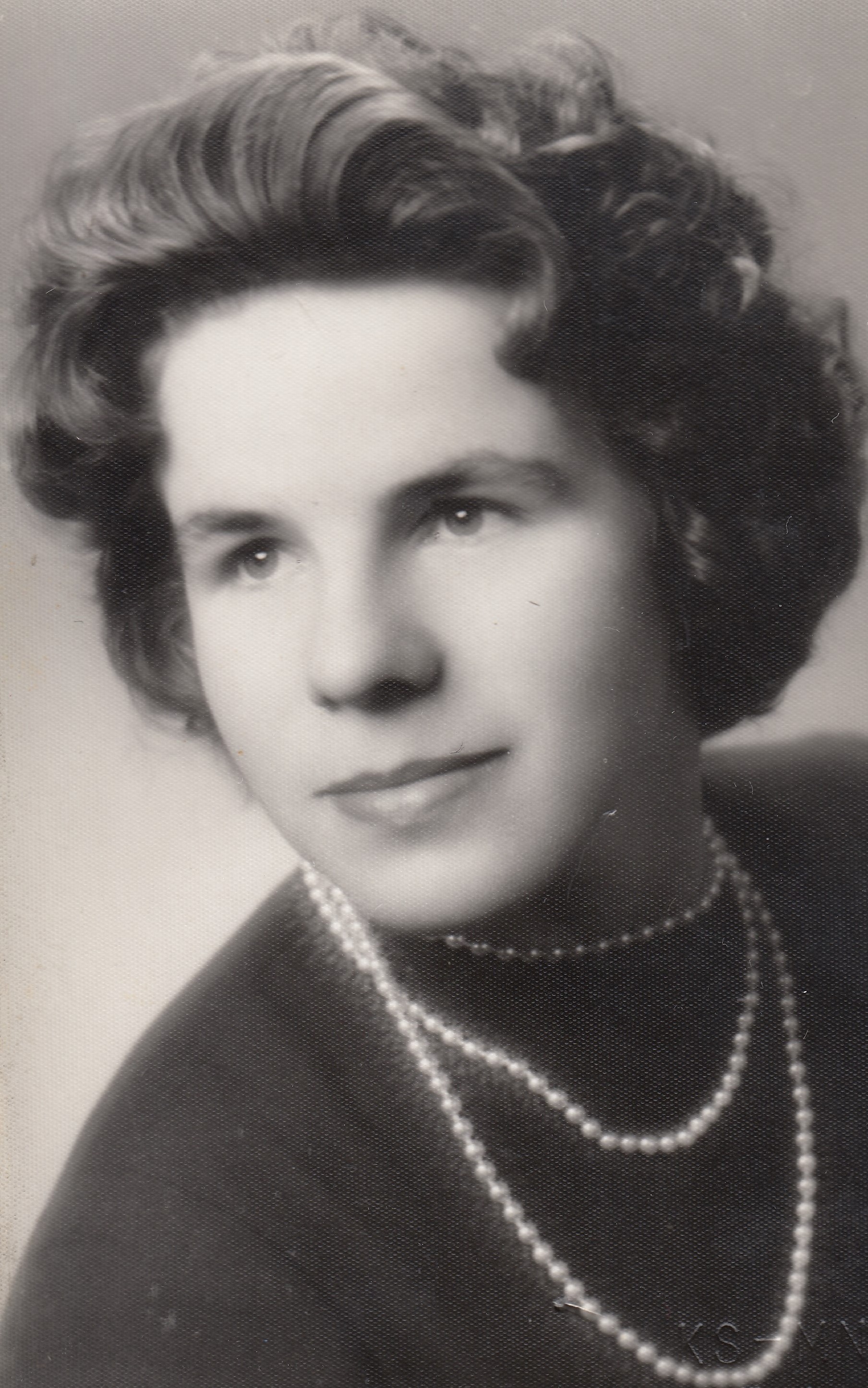Resentment makes no sense

Stáhnout obrázek
Emma Marxová, maiden name Oser, was born on February 2, 1937 in the Šumava village of Hüttenhof - Huťský Dvůr. The family with five children was supported by a farm with several pieces of cattle and crops from lands that Dad bought, fertilized and sowed. Emma grew up in a German-speaking environment. The events of the Second World War harshly affected their Šumava region. Immediately after the war, Emma‘s father was arrested for membership in the NSDAP, and later the entire Oser family had to leave their home. The father was released from prison three days after the last transport to Germany left, leaving the family involuntarily in Czechoslovakia. After several migrations in the Český Krumlov region, the Osers were sent to the uranium mines in the Ore Mountains in 1948. In Nový Zvolání near Vejprt, Emma went to school, at the age of fourteen she started working as a seamstress in clothing production. In 1951, Hermann, her eldest brother was shot dead while crossing the state border. Emma‘s family decided to return to southern Bohemia to the village of Vyšný, later to Větřní near Český Krumlov. They moved together eleven times. Seven times they asked the Osers for permission to move to Germany. Brother Johann with his wife and children and mother Johanna Oser did not receive permission to emigrate until 1967 - two years after his father‘s death and Emmy‘s marriage to Karl Marx. In 1968, the Marxes had a daughter, Gabrielle. Even at the age of twenty, just before the fall of the communist regime in 1989, she decided to emigrate. Emma Marx stayed. Since the beginning of the 1990s, she has been involved in the restoration of the monument to the defunct Šumava villages and the restoration of churches in Zvonková, Slavkov and Svéráz. She founded the Association of Friends of Šumava - Böhmerwaldverein and with its activities sought to develop Czech-German relations.


























